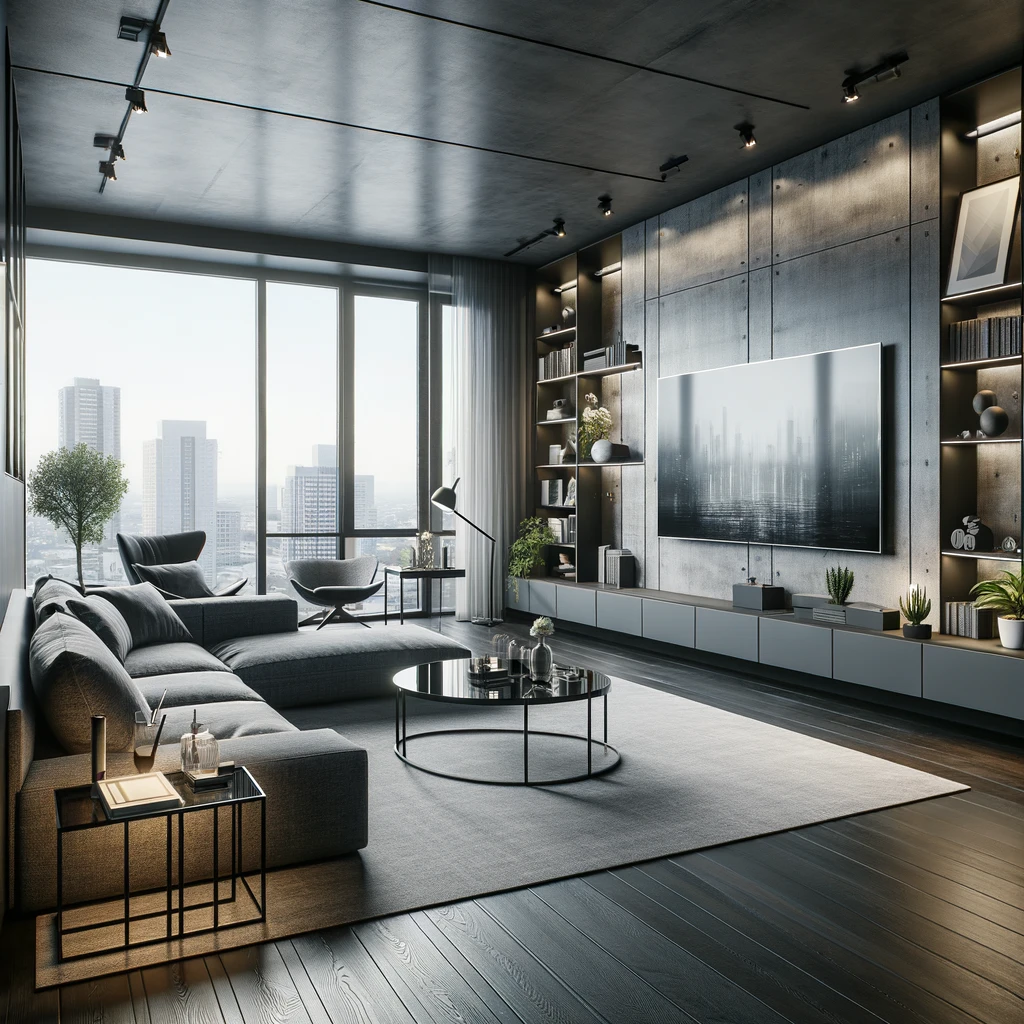
Maintaining a safe living environment is crucial, whether you’re a bachelor or bachelorette. In the hustle of daily life and the excitement of decorating your first solo space, it’s easy to overlook certain safety risks. Here are 15 common safety mistakes that you might be making in your bachelor or bachelorette pad, along with how to fix them quickly and efficiently.
1. Overlooking Water Leakages
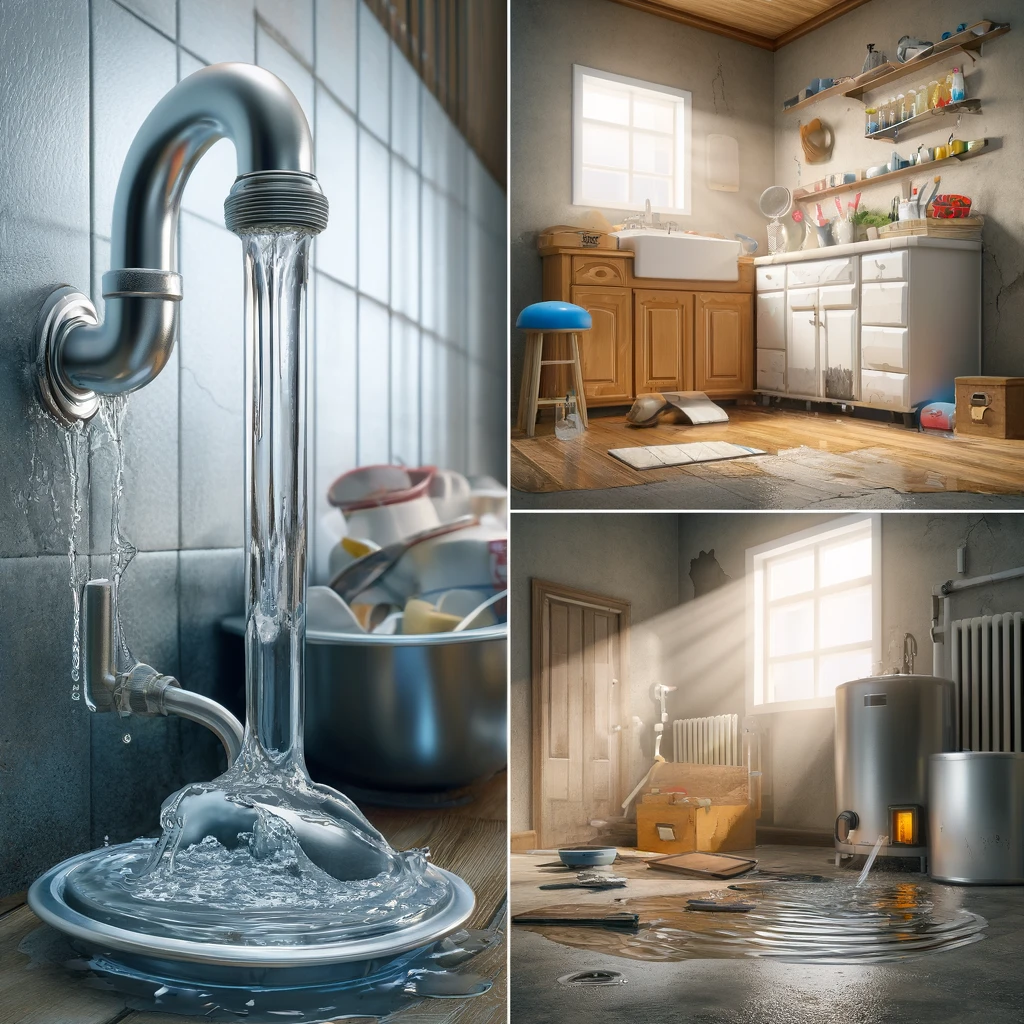
Ignoring water leakages can lead to severe problems like mold and structural damage. Many people put off repairing minor leaks, but this can cause extensive damage over time. Ensure you regularly check your faucets, under sinks, and ceilings for any signs of water damage or mold, and address leaks immediately to prevent more significant issues.
2. Neglecting Smoke Detector Maintenance
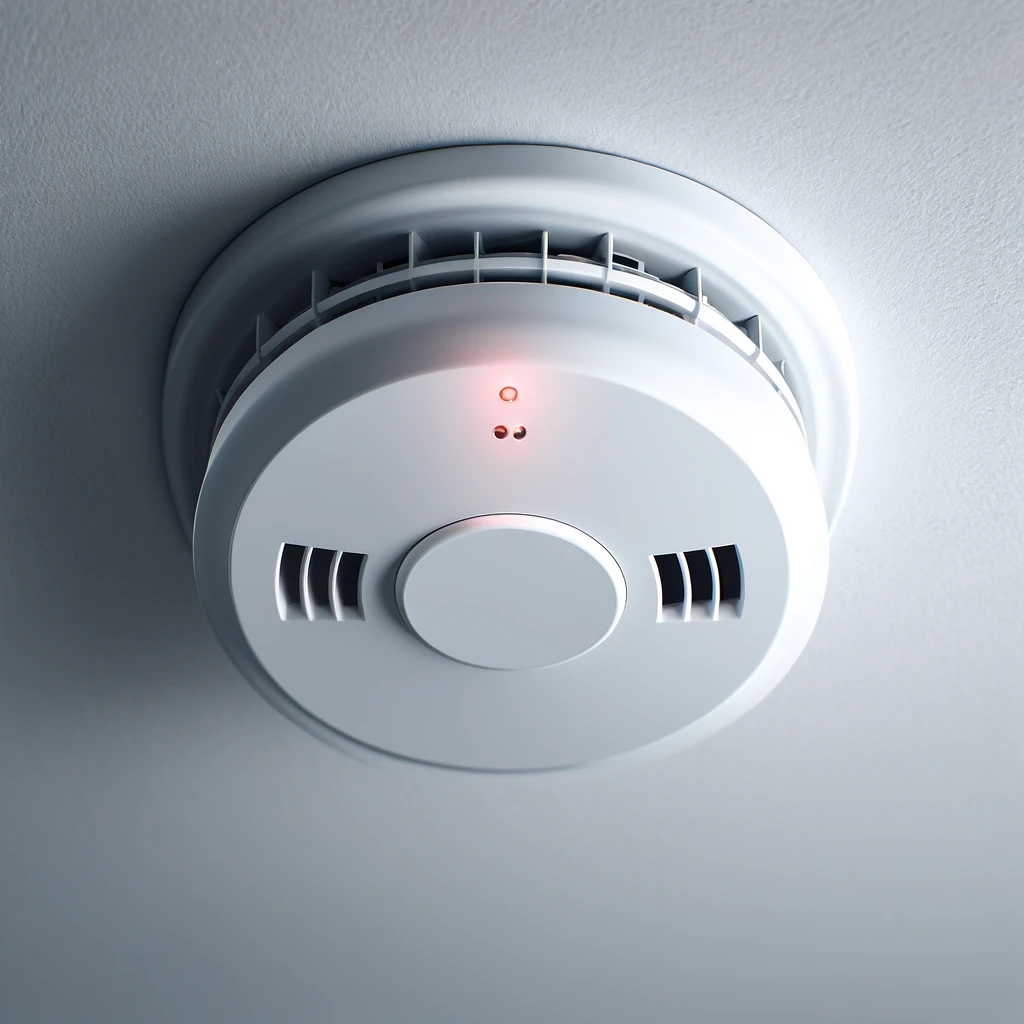
Smoke detectors are often installed and forgotten. However, testing your smoke detector monthly and changing the batteries at least once a year are essential steps to ensure they function when you need them most. A non-working smoke detector increases the risk of not being alerted in time in case of a fire.
3. Using Extension Cords Improperly

Extension cords are a temporary solution, not a permanent fixture. Overloading them can lead to fires. Ensure you’re not plugging in high-wattage appliances simultaneously and that cords are not running under rugs or between rooms, as this can wear them down and increase fire risks.
4. Blocking Emergency Exits
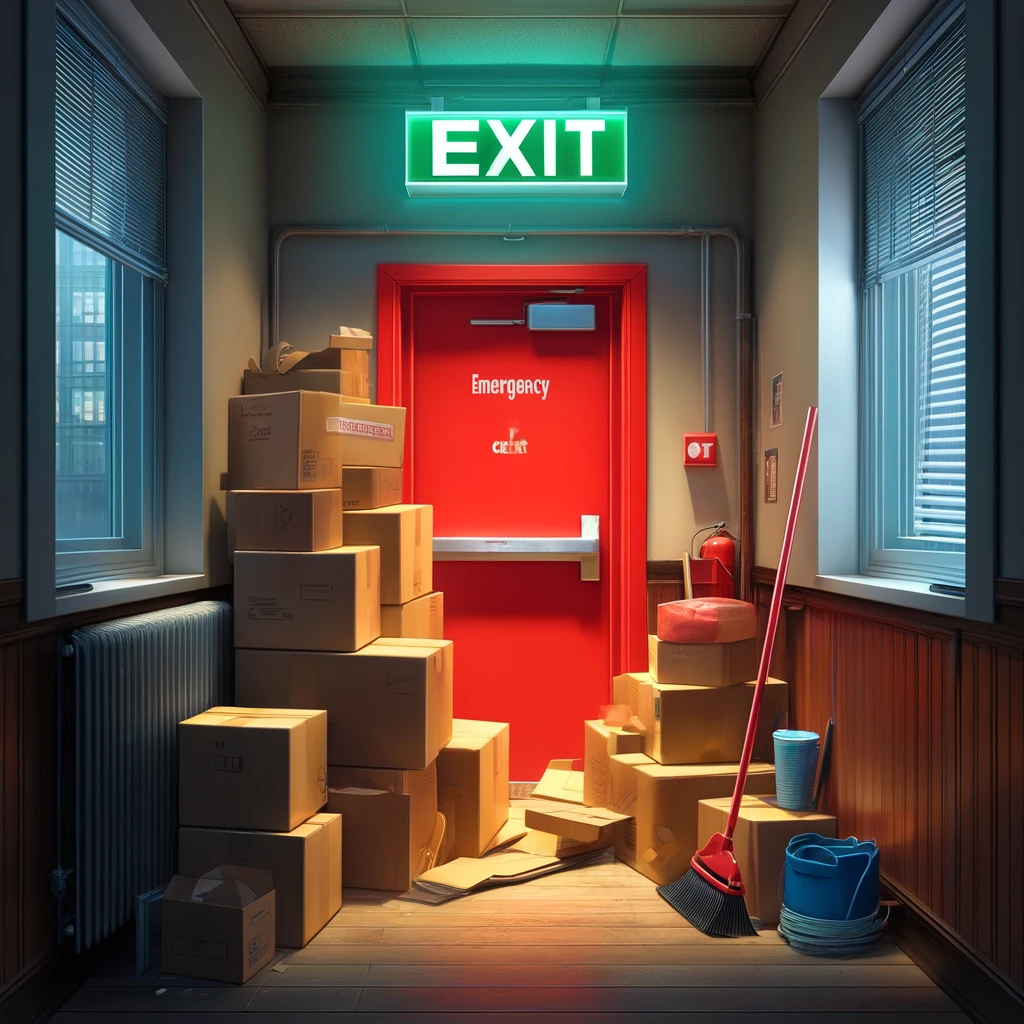
Furniture should never block windows or doors. In the event of an emergency, clear access to these exits is crucial. Rearrange your space to ensure that nothing obstructs these potential lifesavers. Regularly check that windows are not stuck and can be opened easily.
5. Ignoring Electrical Issues
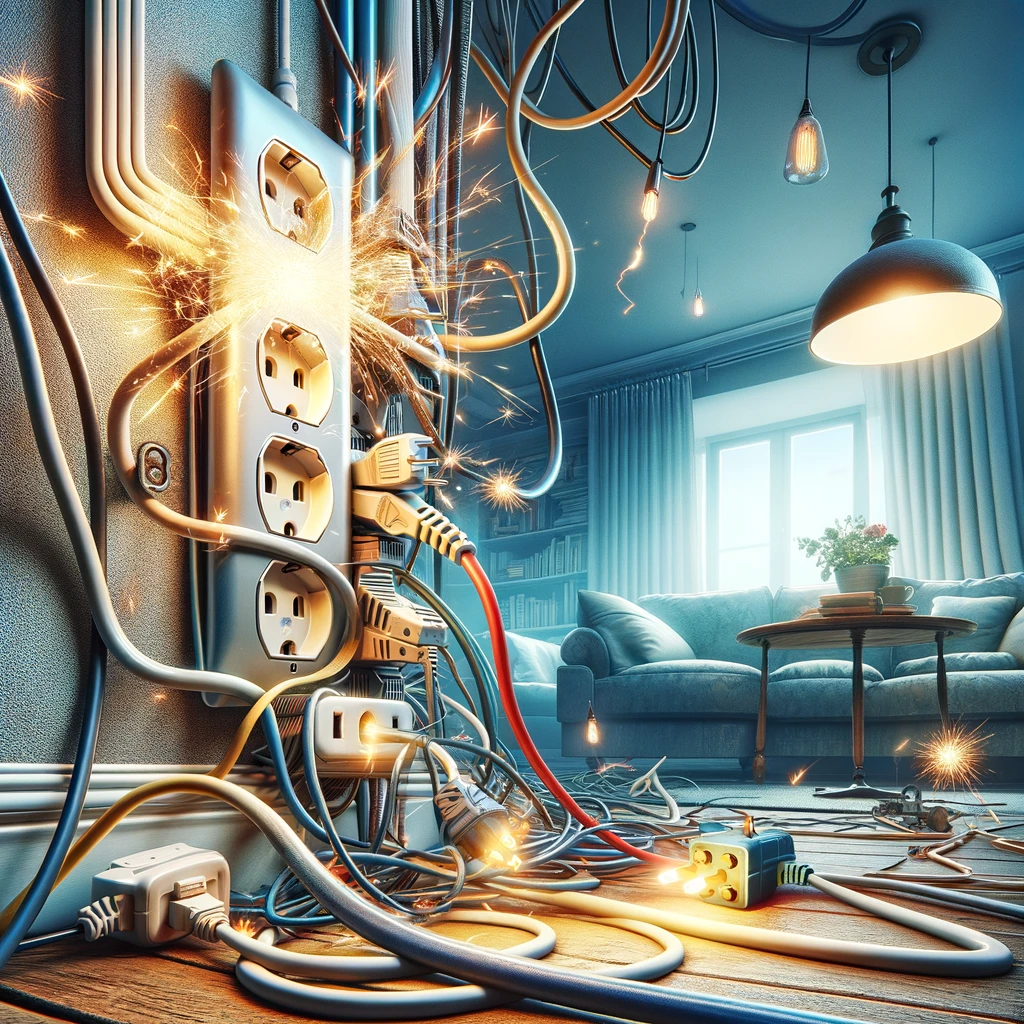
Flickering lights, buzzing noises from outlets, or appliances that short out can all be signs of electrical problems. These issues might seem minor but can indicate bigger problems. Have a professional electrician inspect your electrical system to ensure everything is in safe working order.
6. Poorly Lit Entrances and Exits
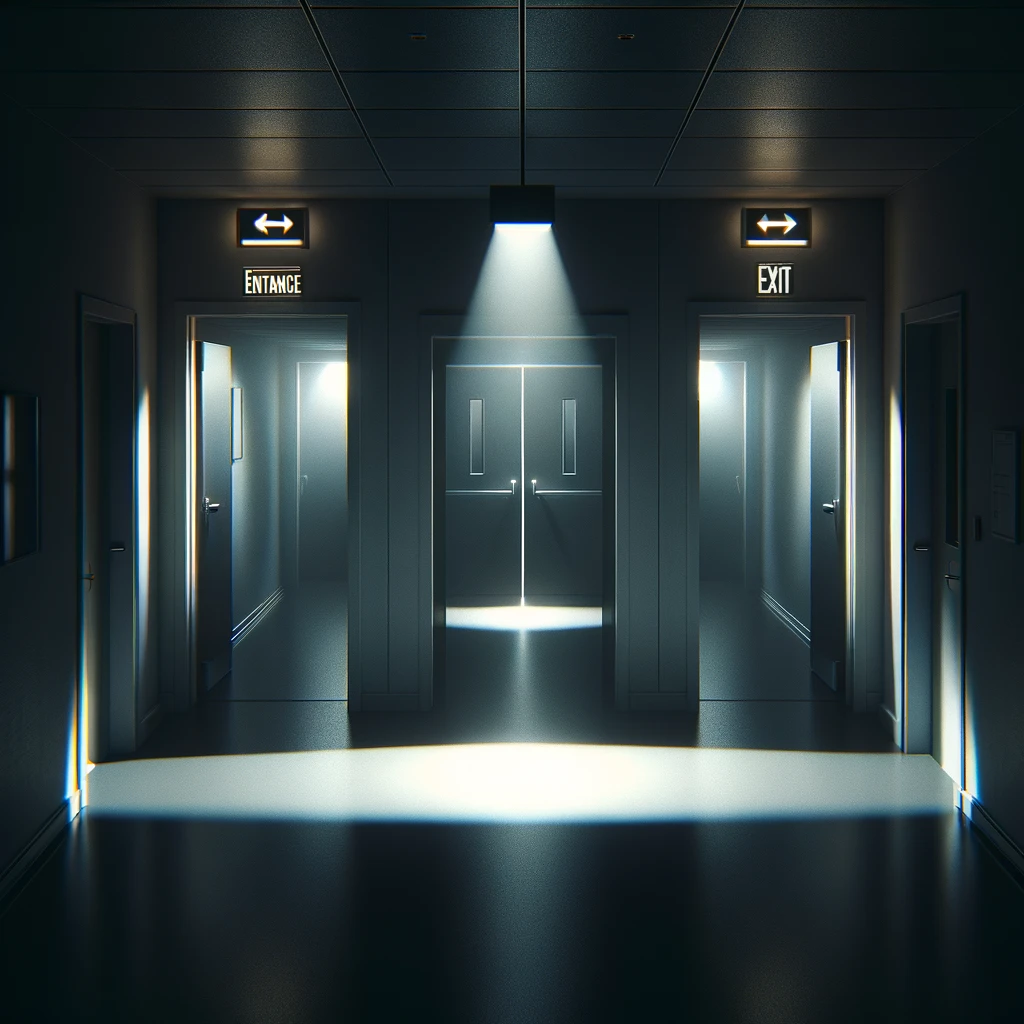
A poorly lit entryway not only makes it hard to see at night but also increases the risk of trips and falls. Install adequate lighting around your home’s entrances and exits. Motion-sensor lights are an excellent option for enhancing security and safety without increasing your energy bills significantly.
7. Overlooking Safe Storage of Flammable Materials
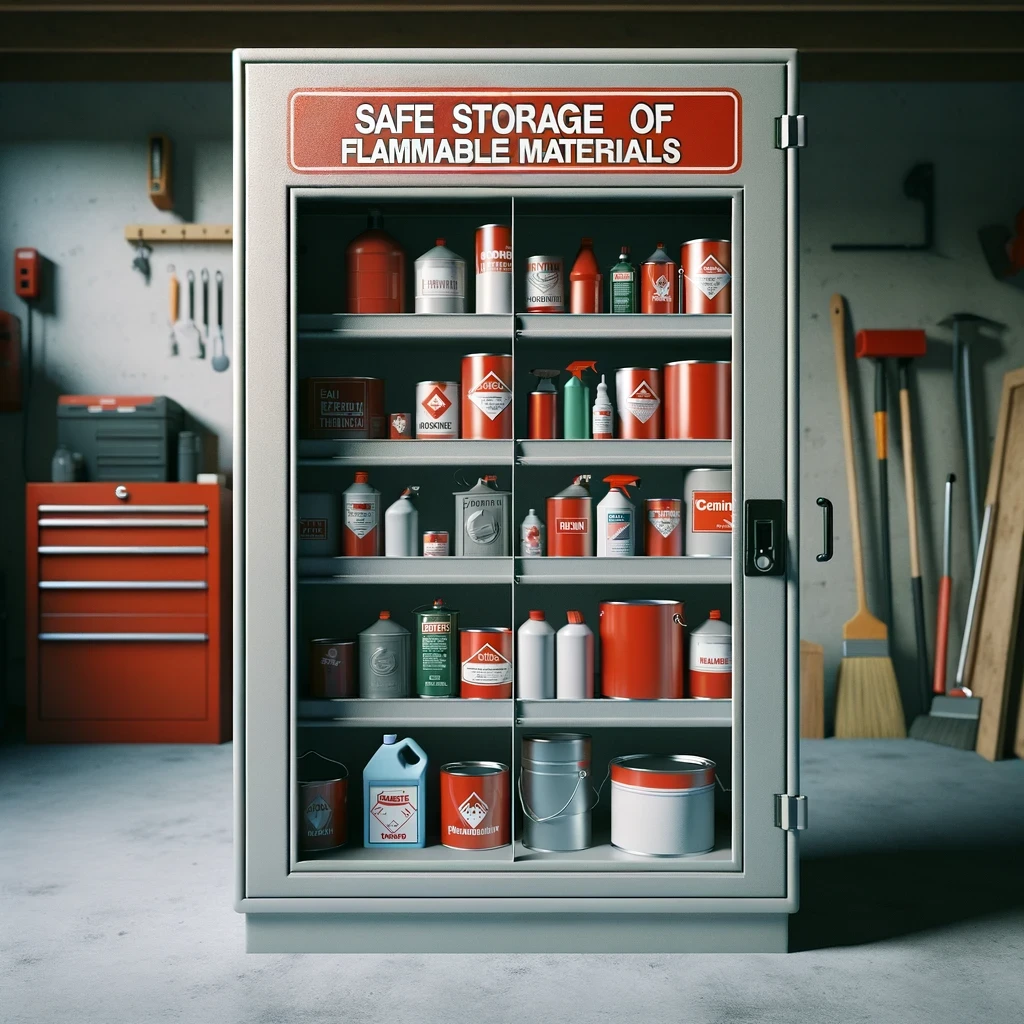
Storing cleaning supplies, aerosol cans, and other flammable materials near heat sources can lead to fires. Always store these items in a cool, dry place away from any heat source. It’s also essential to keep them out of reach if children visit your home.
8. Using Non-Slip Mats Sparingly
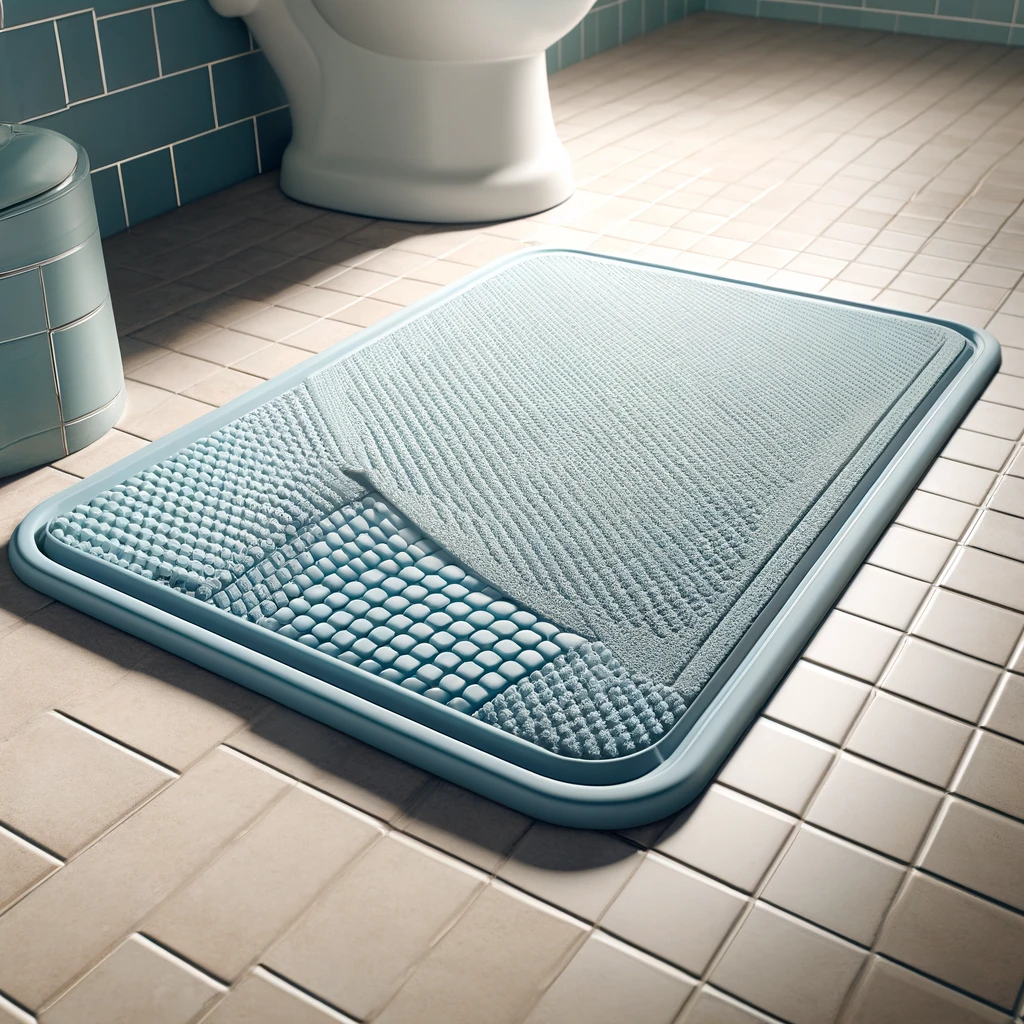
Non-slip mats are not just for the elderly. They can prevent slips and falls in the bathroom or kitchen, especially on tile or linoleum flooring. Place these mats strategically around your home to enhance safety, particularly in areas that frequently get wet.
9. Lax Window Security
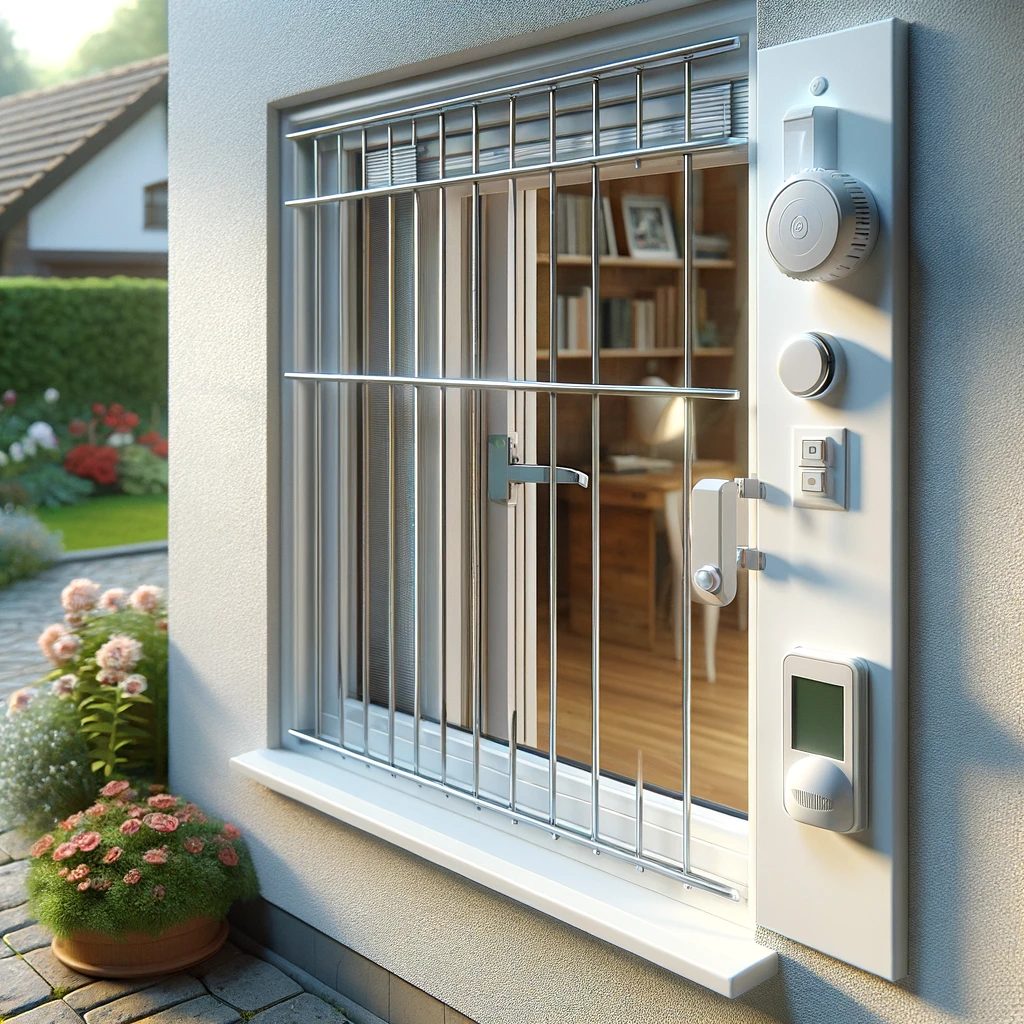
Windows are common entry points for burglars. Ensure all windows have locks and consider installing window bars if you live on the ground floor or in a less secure area. Additionally, keeping windows closed and locked when you’re not home is a simple yet effective security measure.
10. Not Cleaning the Lint Trap
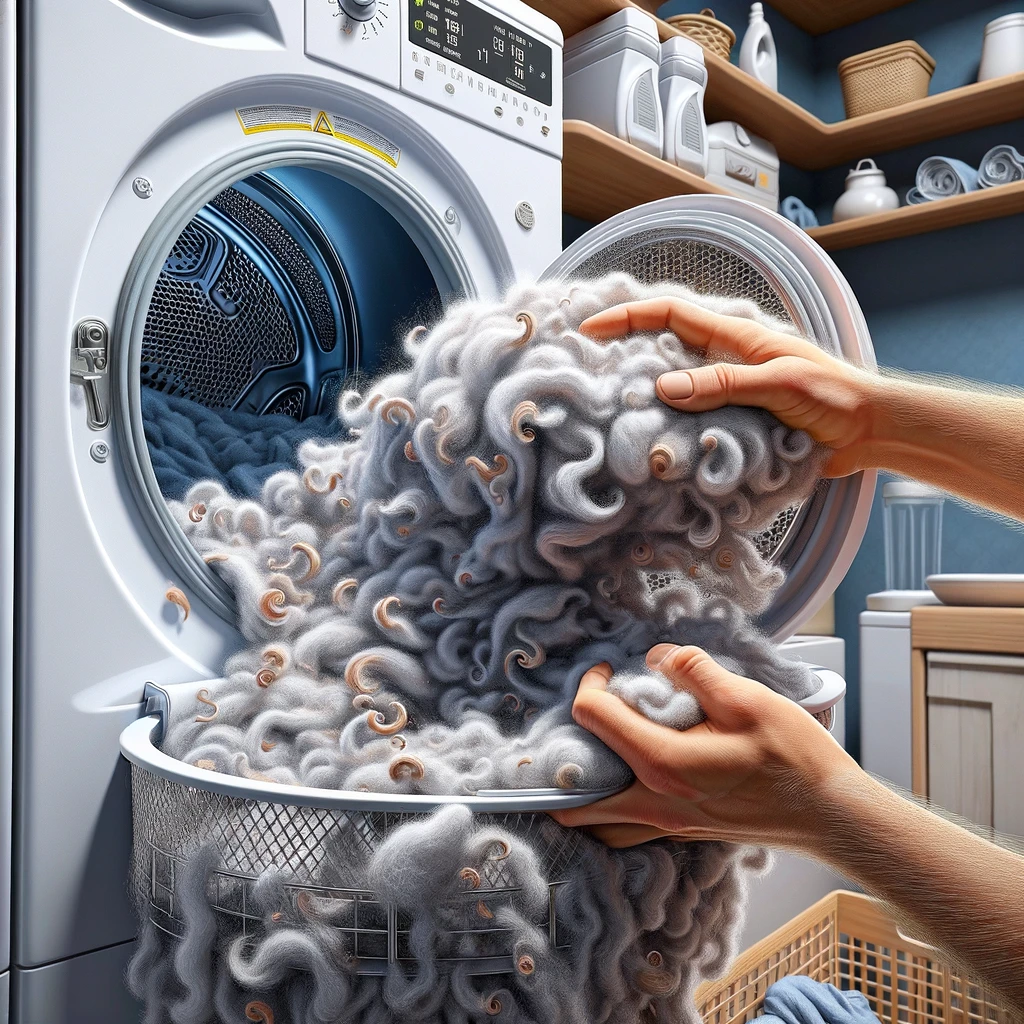
A clogged lint trap in your dryer is not just an inconvenience; it’s a major fire hazard. Clean the lint trap after every use and check the dryer hose and exterior vent for lint build-up regularly to prevent dryer fires.
11. Keeping Old Wiring
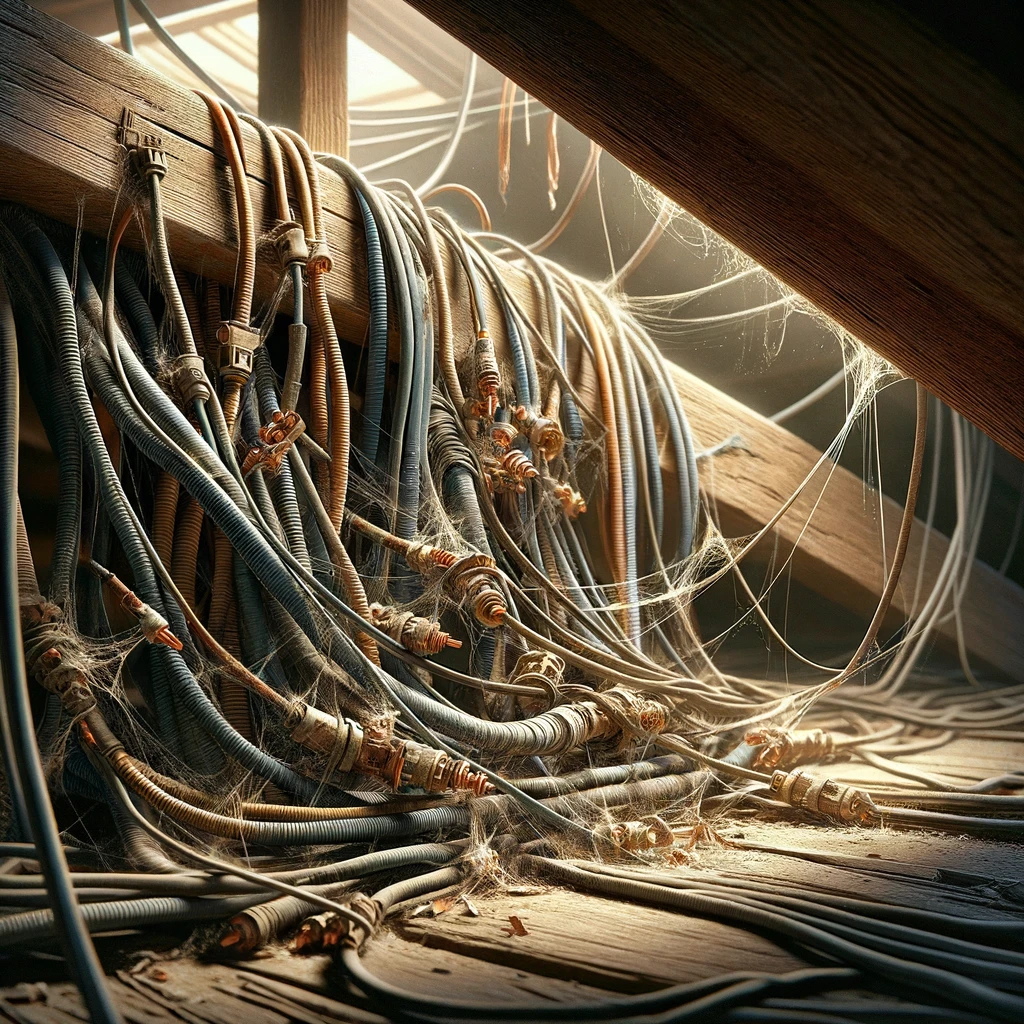
Old wiring can deteriorate, leading to a higher risk of electrical fires. If your home is older and hasn’t been inspected recently, consider having an electrician check your wiring to ensure it complies with current safety codes.
12. Not Securing Heavy Furniture
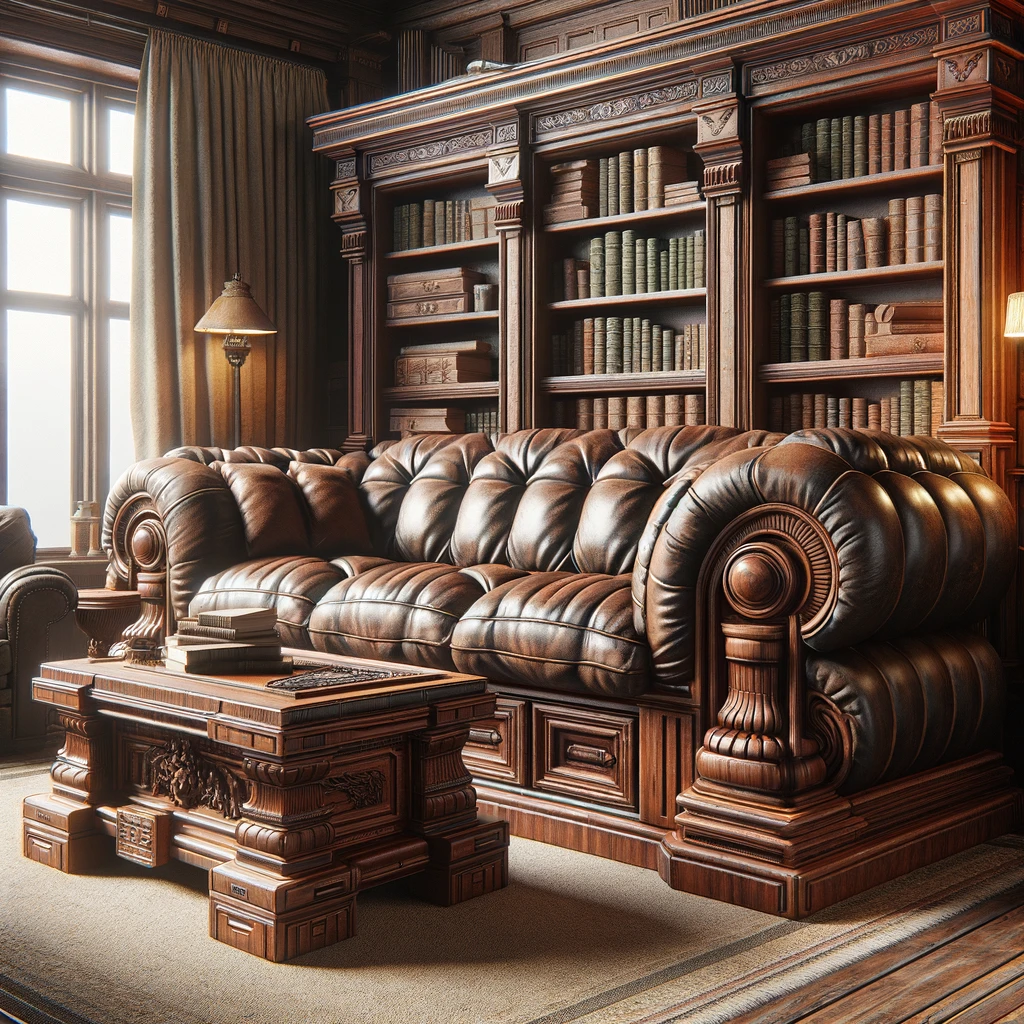
Unsecured furniture can tip over, especially in the presence of small children or during an earthquake. Secure bookcases, dressers, and other heavy furniture to the walls with brackets to prevent accidents.
13. Skimping on Fire Extinguishers
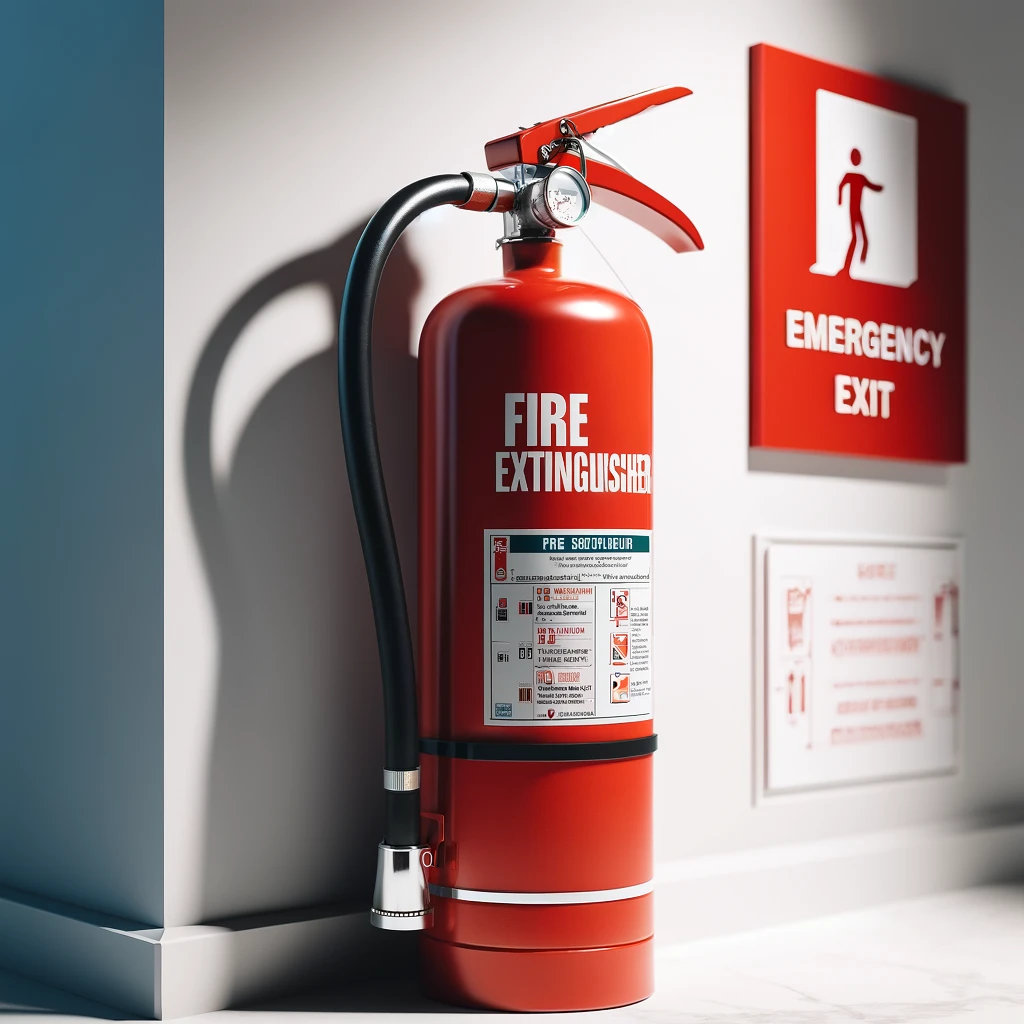
Every home should have at least one fire extinguisher accessible on each floor. Know how to use it and check regularly to ensure it’s in working order. A fire extinguisher can be the difference between a minor incident and a devastating fire.
14. Forgetting About Carbon Monoxide Detectors
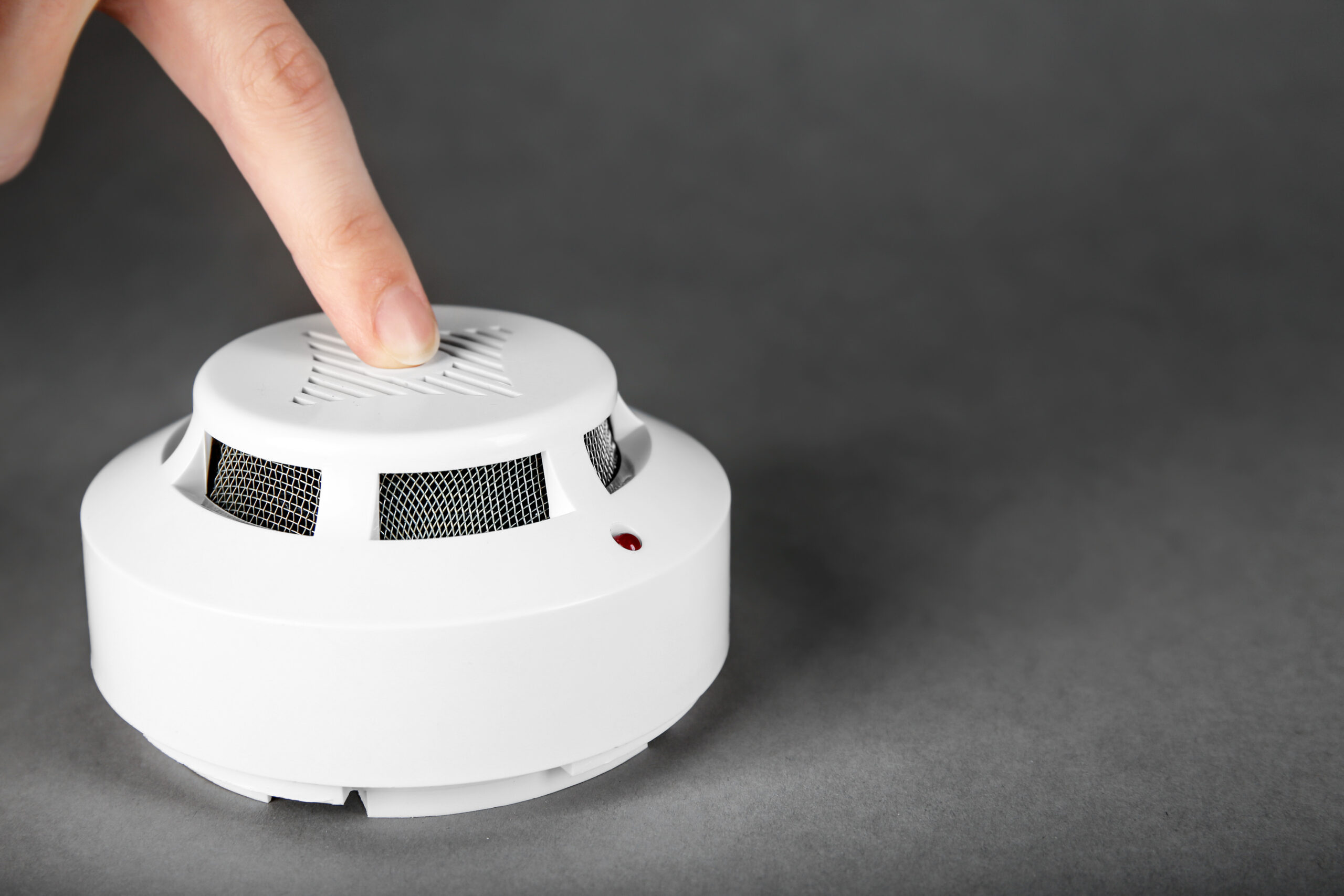
Carbon monoxide is a silent killer because it’s odorless and colorless. Installing carbon monoxide detectors near bedrooms and checking them regularly can save your life, especially if you use gas heaters or have an attached garage.
15. Disregarding Privacy Measures
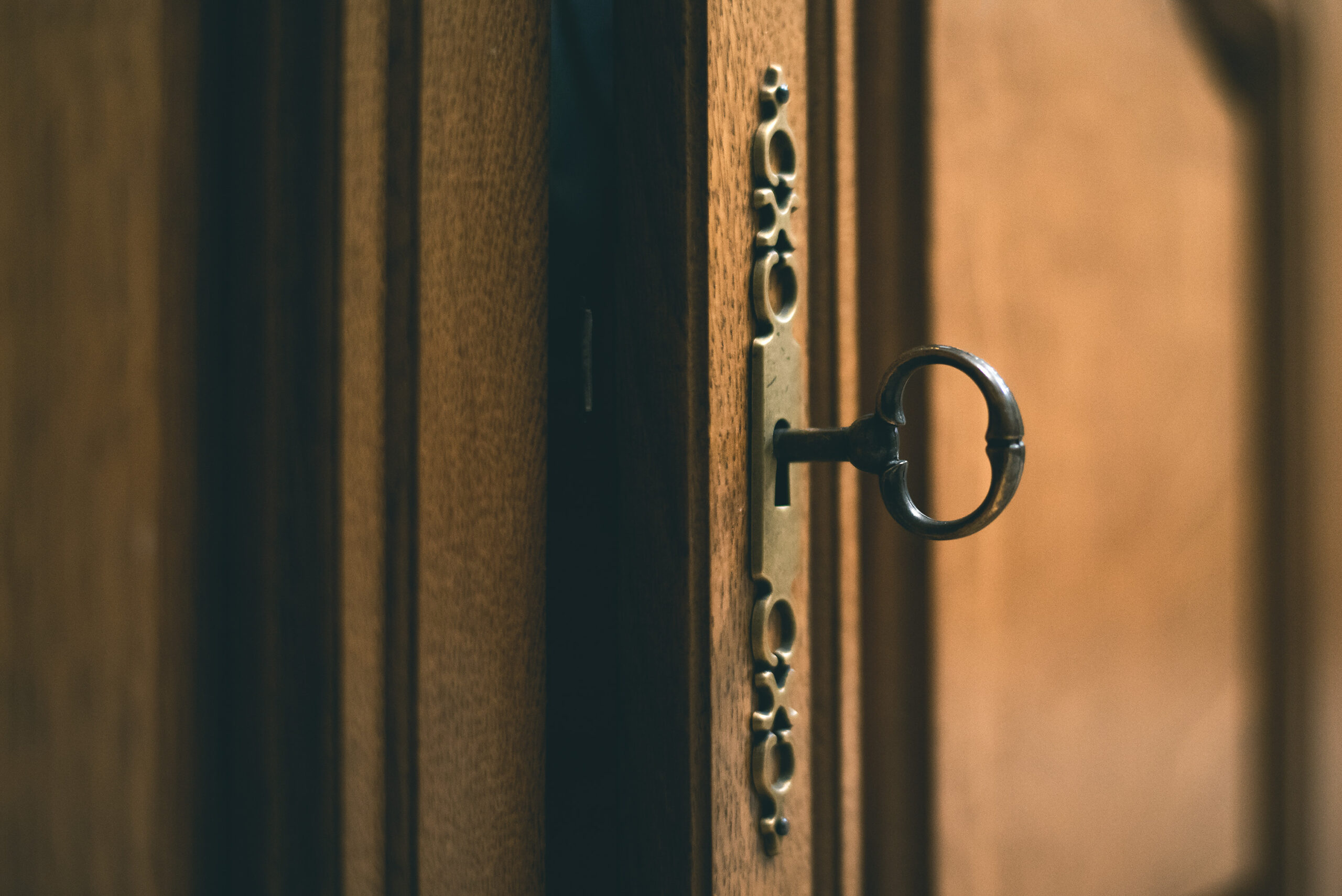
In the digital age, privacy isn’t just about curtains. Be mindful of the personal information you share on social media and consider privacy screens for your windows. Also, regularly check the locks on your doors and replace them if they show signs of wear or damage.
Making Sure Your Bachelor Pad is Safe
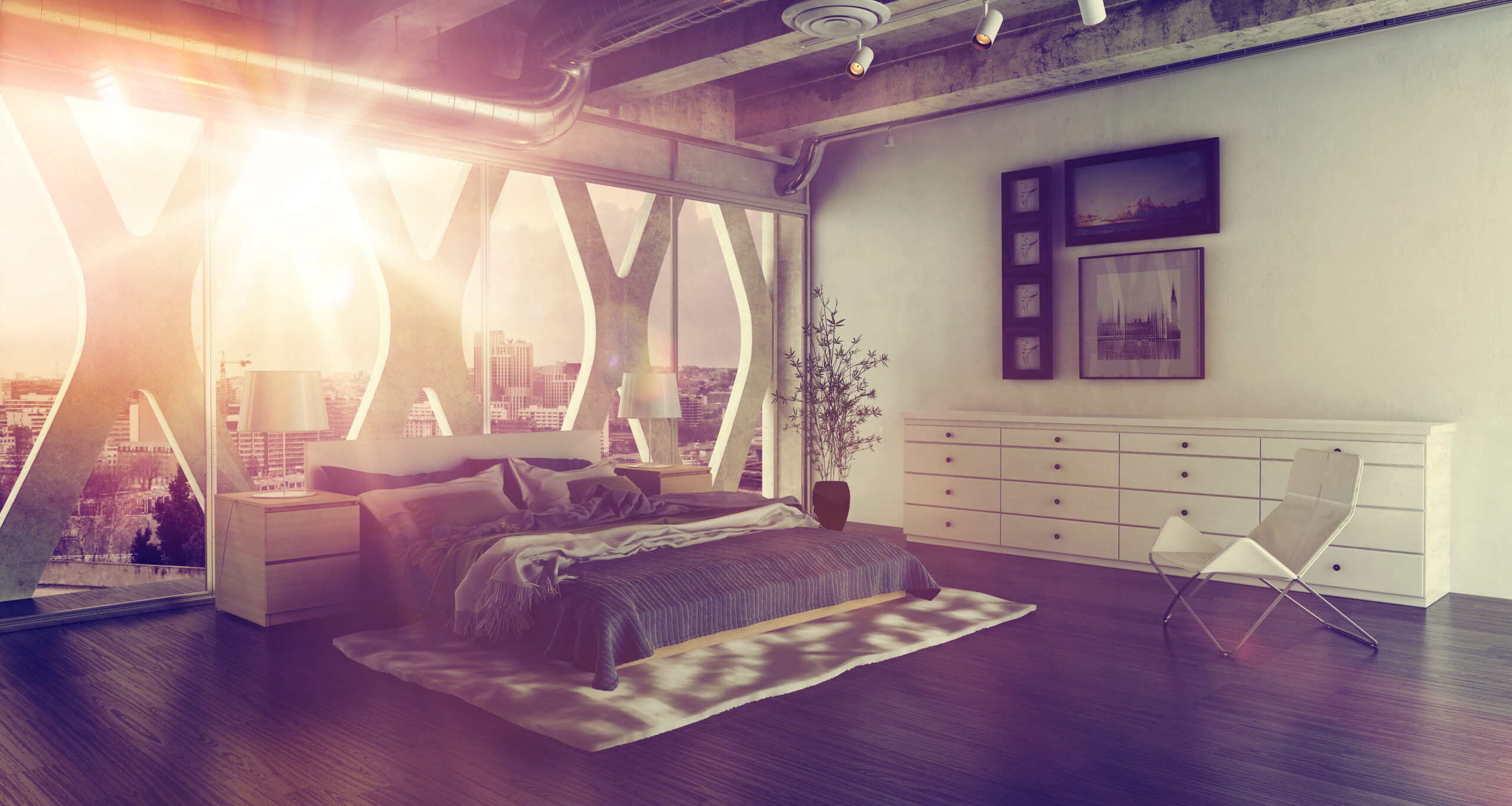
By addressing these 15 safety no-nos, you can ensure your bachelor or bachelorette pad is not just stylish but also secure and safe. Remember, safety should always come first!
Read More
12 Traditional Crafting Techniques That Are Making a Comeback
12 Animal Training Techniques That Are Now Considered Inhumane by Experts

